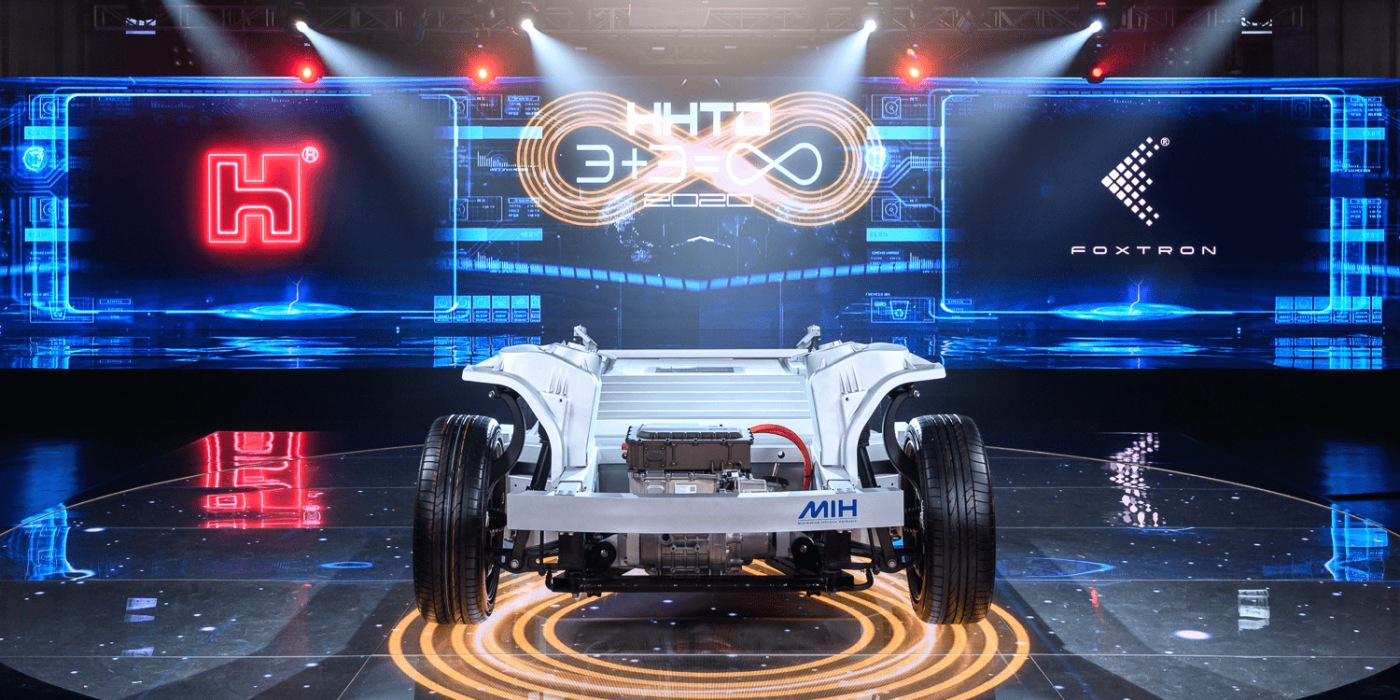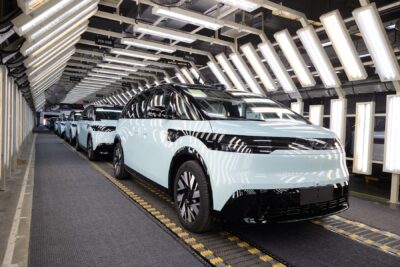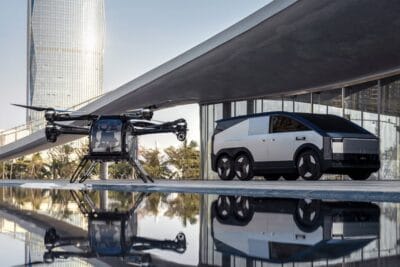Foxconn & PTT to make and supply EVs in Thailand
The contract manufacturer Foxconn and Thai energy company PTT have created a joint venture for the production of electric cars in Thailand. Investments of one to two billion US dollars (about 850 million to 1.7 billion euros) are to flow into the large-scale project.
Foxconn has said that the Eastern Economic Corridor (EEC), a special economic zone of three provinces in eastern Thailand, is a potential location for the planned plant. Construction is expected to be completed and production started within two to three years. The initial production volume is expected to be 50,000 vehicles per year, and later up to 150,000 vehicles per year.
The establishment of the joint venture between Foxconn and PTT has already been announced several times. Since the beginning of June, the two partners have already been developing a joint electric car platform that includes hardware and software services but have not yet revealed technical details. Foxconn itself has big plans and wants to be represented in every tenth electric car worldwide with components or services by 2027 at the latest. To this end, the contract manufacturer presented its own electric car platform called MIH in October 2020 which the company wants to become the “Android system of the EV industry”.
In June this year, it was revealed that the open platform announced for Thailand will be made available to all carmakers in the country. The carmakers are to be able to “access the entire value chain of services” of the joint venture. PTT and Foxconn (or its parent company Hon Hai) say they are supporting the Thai government’s course of strongly promoting electric cars. From 2035 onwards, only electric cars are to be newly registered in the southeast Asian state.
The future location of the plant is to house the production system as well as supply chain management and a research and development centre. The aim is to “develop the entire EV value chain” and to bundle the development, manufacturing and assembly of electric vehicles as well as the production of important parts such as battery platforms, powertrains and motors in Thailand.
Honda, Toyota, BMW, Ford and General Motors, among others, operate their own plants in the country. The company Thonburi Automotive builds Mercedes and Hyundai sedans under licence locally. Part of this is semi-knocked-down or completely knocked-down production. It is not yet clear whether these companies are interested in sharing such a platform with their competitors or whether they will rely on their own developments.
The country is indeed becoming an electric mobility hot spot. With its own lithium resources, Thailand is somewhat of a battery hub. In 2019, the Mercedes plant in Bangkok started local production of batteries for Mercedes-Benz plug-in hybrids. In the same year, TÜV SÜD announced that it would participate in the establishment of a battery test centre near Bangkok, and in 2018, the Aachen-based vehicle development service provider FEV founded a Thai subsidiary to support the regional mobility sector in the development of vehicles, engines, transmissions and electric drives – including batteries and hydrogen fuel cells.
PTT Chairman Auttapol Rerkpiboon is optimistic that the venture with Foxconn will boost national investment and improve the skills and job profiles of the Thai people”. He explained, “This initiative will not only help increase business potential on the world stage, but also respond to the government policy and direction of promoting electric vehicles, which intend to accelerate the electric vehicle industry to be one of the outstanding S-Curve industries.”
Young Liu, Chairman and CEO of Hon Hai, agrees that the ASEAN electric vehicle market is poised for exponential growth. “We are confident that together with PTT, we can create endless opportunities for Thailand’s new energy vehicle industry. We look forward to the next phase of our partnership with PTT and believe this joint venture will take us further in realising Thailand 4.0.”
Foxconn also has agreements with Fisker, Geely and Nidec, among others such as the now-giant Stellantis formed with FCA with whom Foxconn announced a planned joint venture in 2020. Foxconn also has plans to build factories in the USA, Thailand and possibly Europe.





0 Comments